Yet, at a time when innovation is most needed, the world of education is lagging: only 38% of recent entrants to the education sector believe their school/college is adept at adopting innovations, new knowledge or methods (Innovating Education and Educating for Innovation, OECD, 2016).
InDo will support educators to rise to the challenge, helping them transform their teaching methods and bring learning to life through innovative and inclusive learning spaces. According to the Digital Education Action Plan (2021 – 2027), fostering the development of a high-performing digital education ecosystem and enhancing digital skills and competences or the digital transformation are the strategic priorities of European Commission.


Based on the above, the InDo project outlines this vision for high-quality, inclusive and accessible digital education in Europe by upskilling the digital skills of educators in Higher Education Institutions (HEIs) through high-quality learning content and user-friendly tools so as to have confident and digitally competent teachers to maximize students’ capacity in the 21st classrooms.
InDo project underlines the need of fostering digital capabilities among academic staff of HEIs and academia representatives, so as to improve their teaching, through a blended Understanding by Design (UbD) and Differentiated Instruction (DI) teaching by obtaining essentials skills,
attitudes and techniques, based on the development of a curriculum and instructional teaching model in the 21st century classrooms
The stronger the educators are as professionals in each of these areas, the more successful the students are likely to be as learners. UbD and DI are not only mutually supportive of one another but in face “need” one another. According to Association for Supervision and Curriculum Development, in effective classrooms, teachers consistently attend to at least four elements: whom they teach (students), where they reach (learning environment), what they teach (content), and how they reach (instruction).

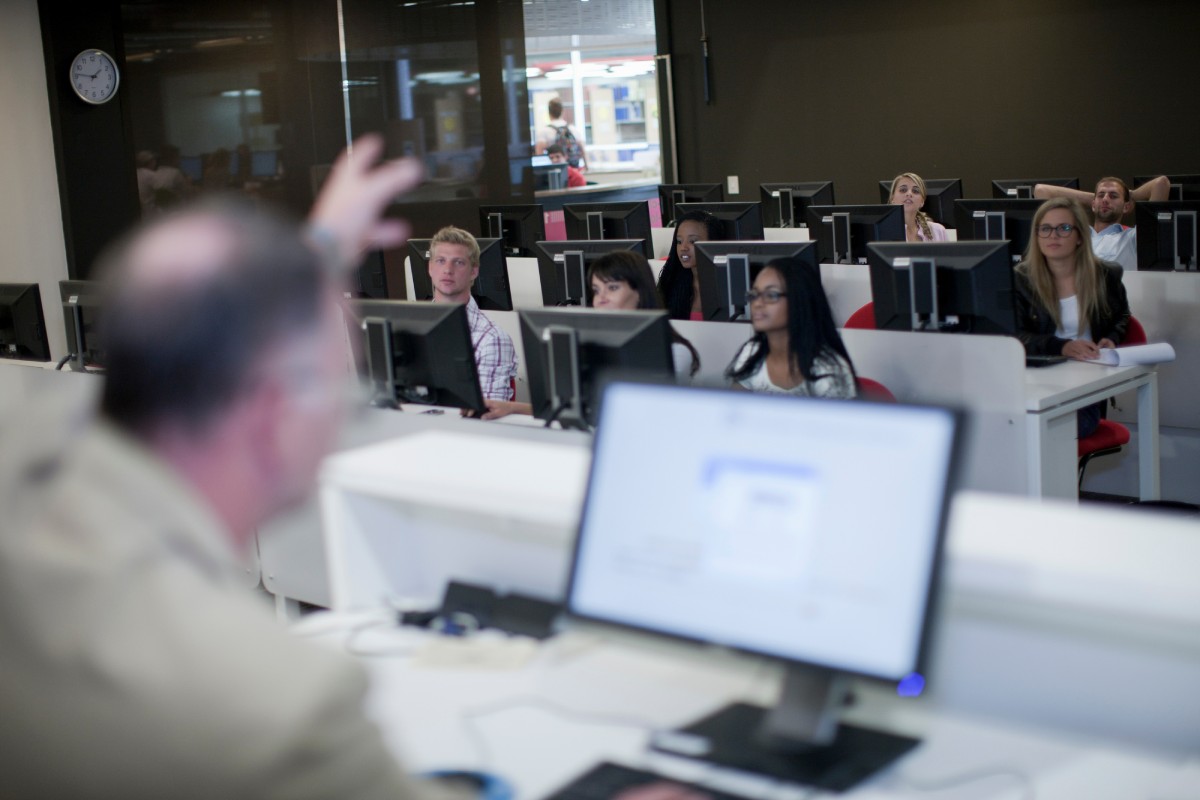

Therefore, the InDO project underlines the need of fostering digital capabilities among academic staff of HEIs, professors, researchers, trainers, HE practitioners, and academia representatives, so as to improve their teaching, through Understanding by Design (UbD) and Differentiated Instruction (DI) teaching by obtaining essentials skills, attitudes and techniques, based on the development of a curriculum and instructional teaching model in the 21st century classrooms.
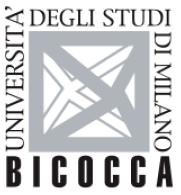
The University of Milano-Bicocca (UNIMIB) is a young & dynamic multidisciplinary University, founded in 1998 and is located in Milan, amongst the most dynamic and international regions in Europe. The University offers academic excellence, cutting-edge laboratories and interdisciplinary research funded in the framework of national and international programs. The "Riccardo Massa" Department of Human Sciences for Education (DISUF) was set up at the initiative of a group of teaching and research staff with backgrounds in education, history, philosophy and the human and natural sciences, who wished to promote the interdisciplinary study of educational processes. Inside DISUF, a research facility is available - called Laboratorio Informatico di Sperimentazione Pedagogica (LISP) - with the main purposes of supporting the study and development of digital learning content and of facilitating online collaboration within international research groups

The University of Aveiro (UA) is a public foundation governed by private law and aims to advance graduate and postgraduate education and training, research, and societal engagement. When the UA was established in 1973, it set the path for developing numerous academic programs. Today, UA is widely acknowledged as one of Portugal's most innovative universities because of the caliber of its instruction and research and partnerships with local and international corporations. Its organization and matrix structure, which includes University (16 departments) and four Polytechnic subsystems, promotes practical proximity between teaching and research, which sends a very alluring message to both domestic and international students. UA holds top spots in the most significant worldwide rankings that rank higher education institutions because of its prominent and modern architecture. Around 13,626 undergraduate and 3,811 graduate students are currently enrolled at the UA. Around 1,400 professors, researchers, and 650 technical, administrative, and management staff members make up the academic community.

Learning Hub Friesland aims to stimulate education which keeps up with the latest developments in society. How? By actively tackling the challenges which the educational sector faces in the coming years. Working with local primary and secondary schools, colleges and universities we look for partners in Friesland, the Netherlands and Europe and work together on solutions to create education which is truly ready for 21st century realities. We found exploring how other schools and organisations do things differently, putting your own educational system into perspective and stepping out of your comfort zone; innovation comes much quicker and easier!
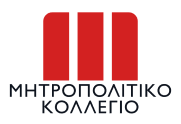
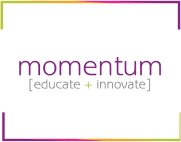
With over 20 years' experience in EU projects and 14 staff employed in the EU project division, Momentum’s specific EU project competencies relate to the design and delivery of capacity building programmes and quality digital education in the VET education sector. Much of this work involves combining an intimate knowledge of the Irish food sector with key specialisms of blended learning and professional training development, leading to the creation of train the trainer resources which seek to develop teacher and wider education sector competence levels on a certain topic or skillset. As well as delivering training, Momentum is deeply involved in course curriculum and content development
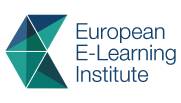
The European E-learning Institute (EUEI) are specialists in online learning who are committed to providing high-quality learning experiences and innovative educational programmes which engage learners from a range of sectors and socio-economic backgrounds. EUEI is committed to promoting social cohesion, inclusion, and sustainability across Europe, making them a perfect fit for the INDO Project.